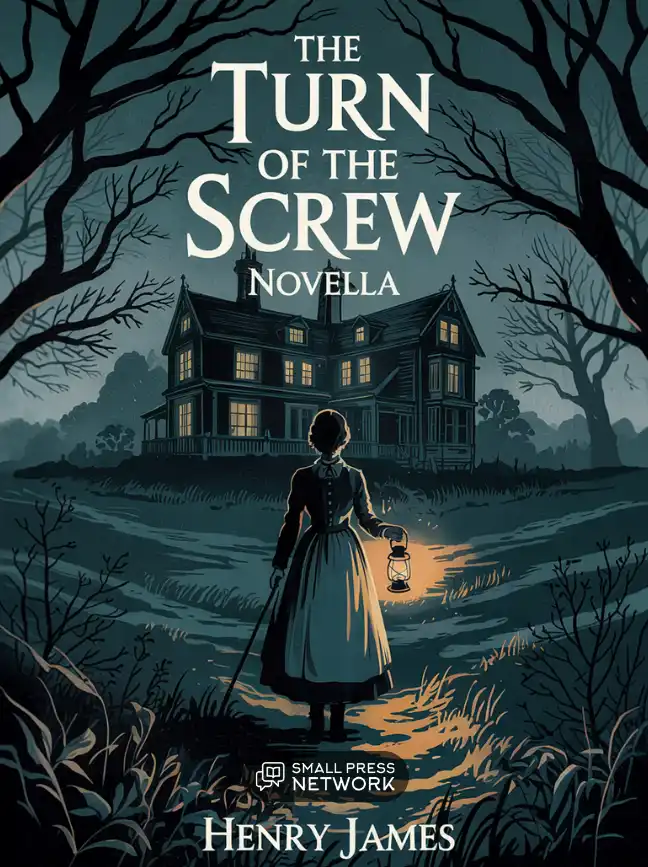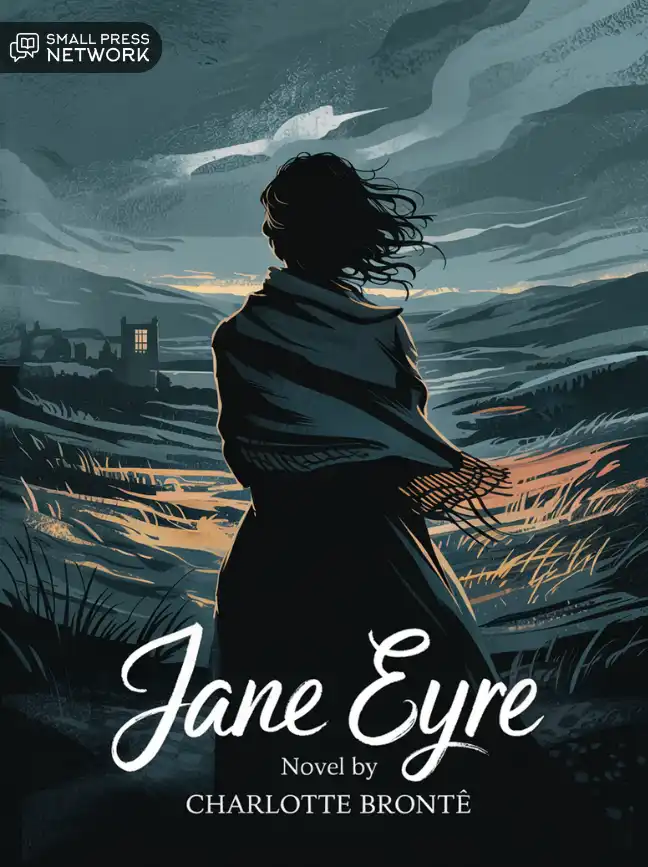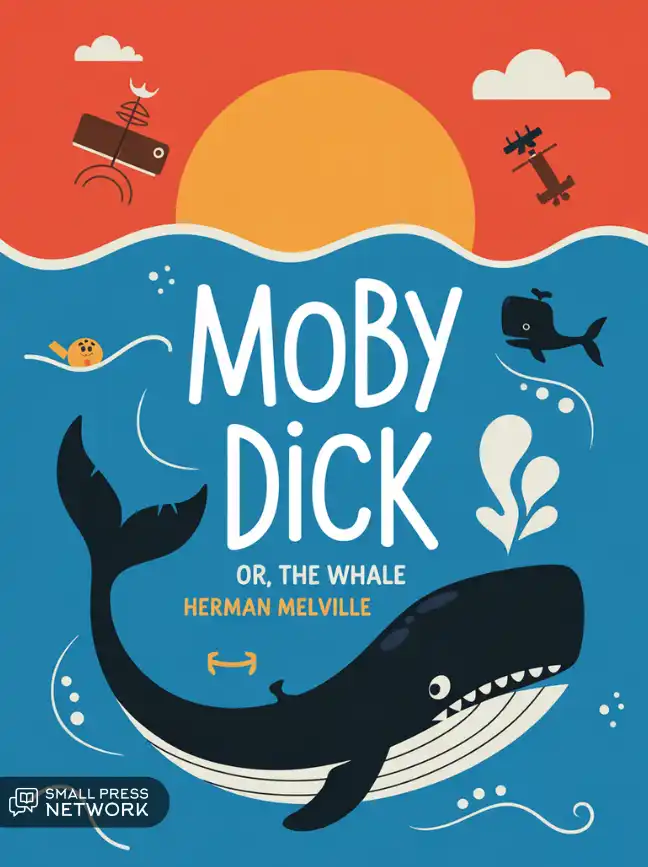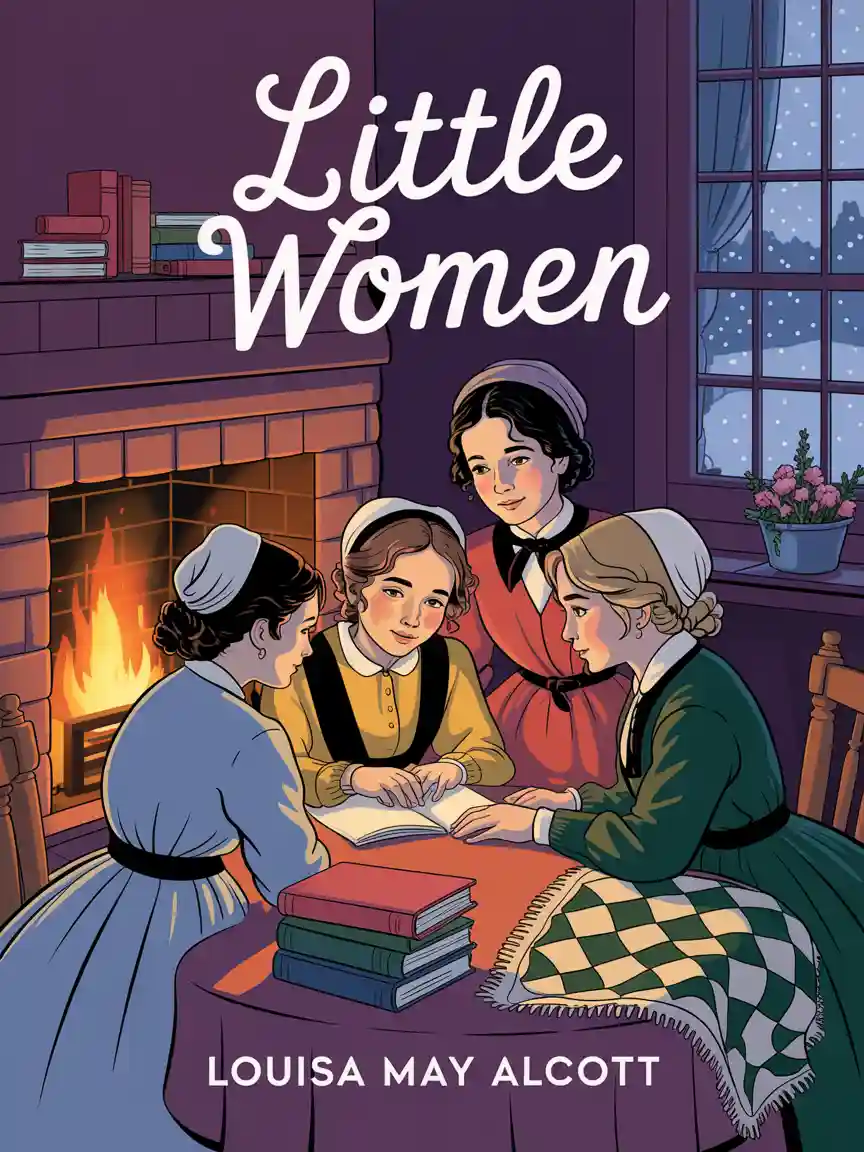XIX
WE went straight to the lake, as it was called at Bly, and I
dare say rightly called, though I reflect that it may in fact
have been a sheet of water less remarkable than it appeared
to my untravelled eyes. My acquaintance with sheets of
water was small, and the pool of Bly, at all events on the few
occasions of my consenting, under the protection of my
pupils, to affront its surface in the old flat-bottomed boat
moored there for our use, had impressed me both with its
extent and its agitation. The usual place of embarkation was
half a mile from the house, but I had an intimate conviction
that, wherever Flora might be, she was not near home. She
had not given me the slip for any small adventure, and, since
the day of the very great one that I had shared with her by
the pond, I had been aware, in our walks, of the quarter to
which she most inclined. This was why I had now given to
Mrs. Grose’s steps so marked a direction—a direction that
made her, when she perceived it, oppose a resistance that
showed me she was freshly mystified. “You’re going to the
water, Miss?—you think she’s in—?”
“She may be, though the depth is, I believe, nowhere
very great. But what I judge most likely is that she’s on the
spot from which, the other day, we saw together what I told
you.”
“When she pretended not to see—?”
“With that astounding self-possession? I’ve always
been sure she wanted to go back alone. And now her brother
has managed it for her.”
114
HENRY JAMES 115
Mrs. Grose still stood where she had stopped. “You
suppose they really talk of them?”
“I could meet this with a confidence! “They say things
that, if we heard them, would simply appall us.”
“And if she is there—”
“Yes?”
“Then Miss Jessel is?”
“Beyond a doubt. You shall see.”
“Oh, thank you!” my friend cried, planted so firm that,
taking it in, I went straight on without her. By the time I
reached the pool, however, she was close behind me, and I
knew that, whatever, to her apprehension, might befall me,
the exposure of my society struck her as her least danger.
She exhaled a moan of relief as we at last came in sight of
the greater part of the water without a sight of the child.
There was no trace of Flora on that nearer side of the bank
where my observation of her had been most startling, and
none on the opposite edge, where, save for a margin of some
twenty yards, a thick copse came down to the water. The
pond, oblong in shape, had a width so scant compared to its
length that, with its ends out of view, it might have been
taken for a scant river. We looked at the empty expanse, and
then I felt the suggestion of my friend’s eyes. I knew what
she meant and I replied with a negative headshake.
“No, no; wait! She has taken the boat.”
My companion stared at the vacant mooring-place and
then again across the lake. “Then where is it?”
“Our not seeing it is the strongest of proofs. She has
used it to go over, and then has managed to hide it.”
“All alone—that child?”
“She’s not alone, and at such times she’s not a child:
she’s an old, old woman.” I scanned all the visible shore
while Mrs. Grose took again, into the queer element I offered
116 THE TURN OF THE SCREW
her, one of her plunges of submission; then I pointed out that
the boat might perfectly be in a small refuge formed by one
of the recesses of the pool, an indentation masked, for the
hither side, by a projection of the bank and by a clump of
trees growing close to the water.
“But if the boat’s there, where on earth’s she?” my
colleague anxiously asked.
“That’s exactly what we must learn.” And I started to
walk further.
“By going all the way round?”
“Certainly, far as it is. It will take us but ten minutes,
but it’s far enough to have made the child prefer not to walk.
She went straight over.”
“Laws!” cried my friend again; the chain of my logic
was ever too much for her. It dragged her at my heels even
now, and when we had got halfway round—a devious,
tiresome process, on ground much broken and by a path
choked with overgrowth—I paused to give her breath. I
sustained her with a grateful arm, assuring her that she might
hugely help me; and this started us afresh, so that in the
course of but few minutes more we reached a point from
which we found the boat to be where I had supposed it. It
had been intentionally left as much as possible out of sight
and was tied to one of the stakes of a fence that came, just
there, down to the brink and that had been an assistance to
disembarking. I recognised, as I looked at the pair of short,
thick oars, quite safely drawn up, the prodigious character of
the feat for a little girl; but I had lived, by this time, too long
among wonders and had panted to too many livelier
measures. There was a gate in the fence, through which we
passed, and that brought us, after a trifling interval, more into
the open. Then, “There she is!” we both exclaimed at once.
HENRY JAMES 117
Flora, a short way off, stood before us on the grass and
smiled as if her performance was now complete. The next
thing she did, however, was to stoop straight down and
pluck—quite as if it were all she was there for—a big, ugly
spray of withered fern. I instantly became sure she had just
come out of the copse. She waited for us, not herself taking a
step, and I was conscious of the rare solemnity with which
we presently approached her. She smiled and smiled, and we
met; but it was all done in a silence by this time flagrantly
ominous. Mrs. Grose was the first to break the spell: she
threw herself on her knees and, drawing the child to her
breast, clasped in a long embrace the little tender, yielding
body. While this dumb convulsion lasted I could only watch
it—which I did the more intently when I saw Flora’s face
peep at me over our companion’s shoulder. It was serious
now—the flicker had left it; but it strengthened the pang with
which I at that moment envied Mrs. Grose the simplicity of
her relation. Still, all this while, nothing more passed
between us save that Flora had let her foolish fern again drop
to the ground. What she and I had virtually said to each other
was that pretexts were useless now. When Mrs. Grose finally
got up she kept the child’s hand, so that the two were still
before me; and the singular reticence of our communion was
even more marked in the frank look she launched me. “I’ll
be hanged,” it said, “if I’ll speak!”
It was Flora who, gazing all over me in candid wonder,
was the first. She was struck with our bareheaded aspect.
“Why, where are your things?”
“Where yours are, my dear!” I promptly returned.
She had already got back her gaiety, and appeared to
take this as an answer quite sufficient. “And where’s Miles?”
she went on.
118 THE TURN OF THE SCREW
There was something in the small valour of it that quite
finished me: these three words from her were, in a flash like
the glitter of a drawn blade, the jostle of the cup that my
hand, for weeks and weeks, had held high and full to the
brim and that now, even before speaking, I felt overflow in a
deluge. “I’ll tell you if you’ll tell me—” I heard myself say,
then heard the tremor in which it broke.
“Well, what?”
Mrs. Grose’s suspense blazed at me, but it was too late
now, and I brought the thing out handsomely. “Where, my
pet, is Miss Jessel?”




